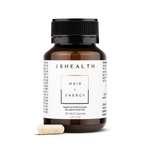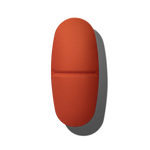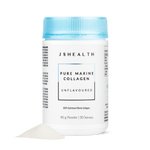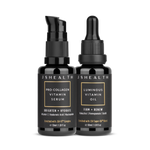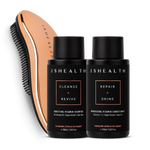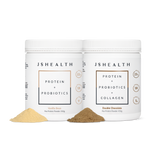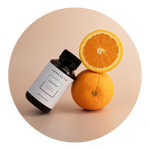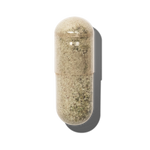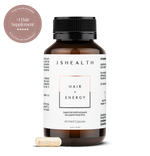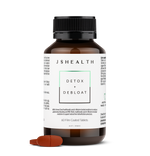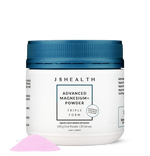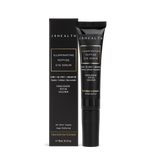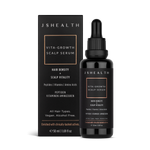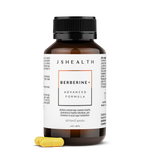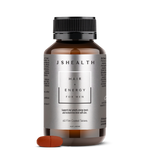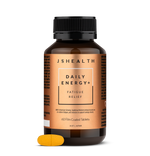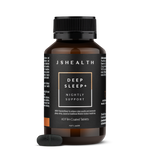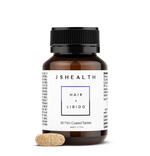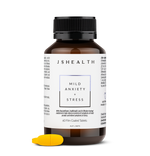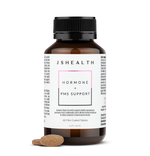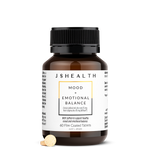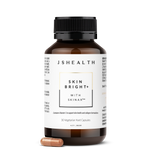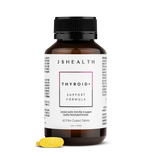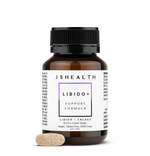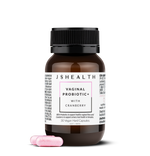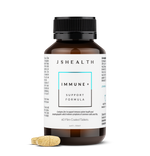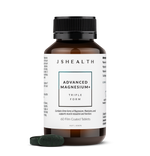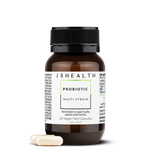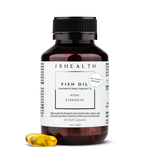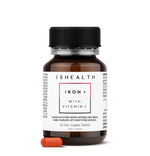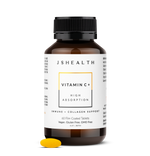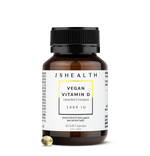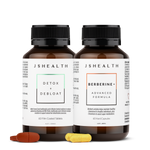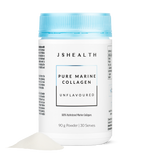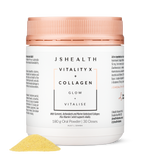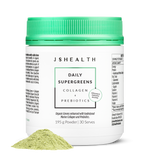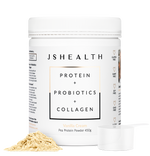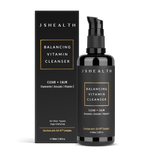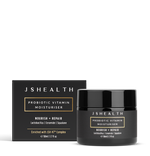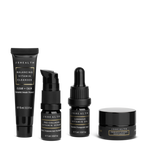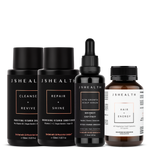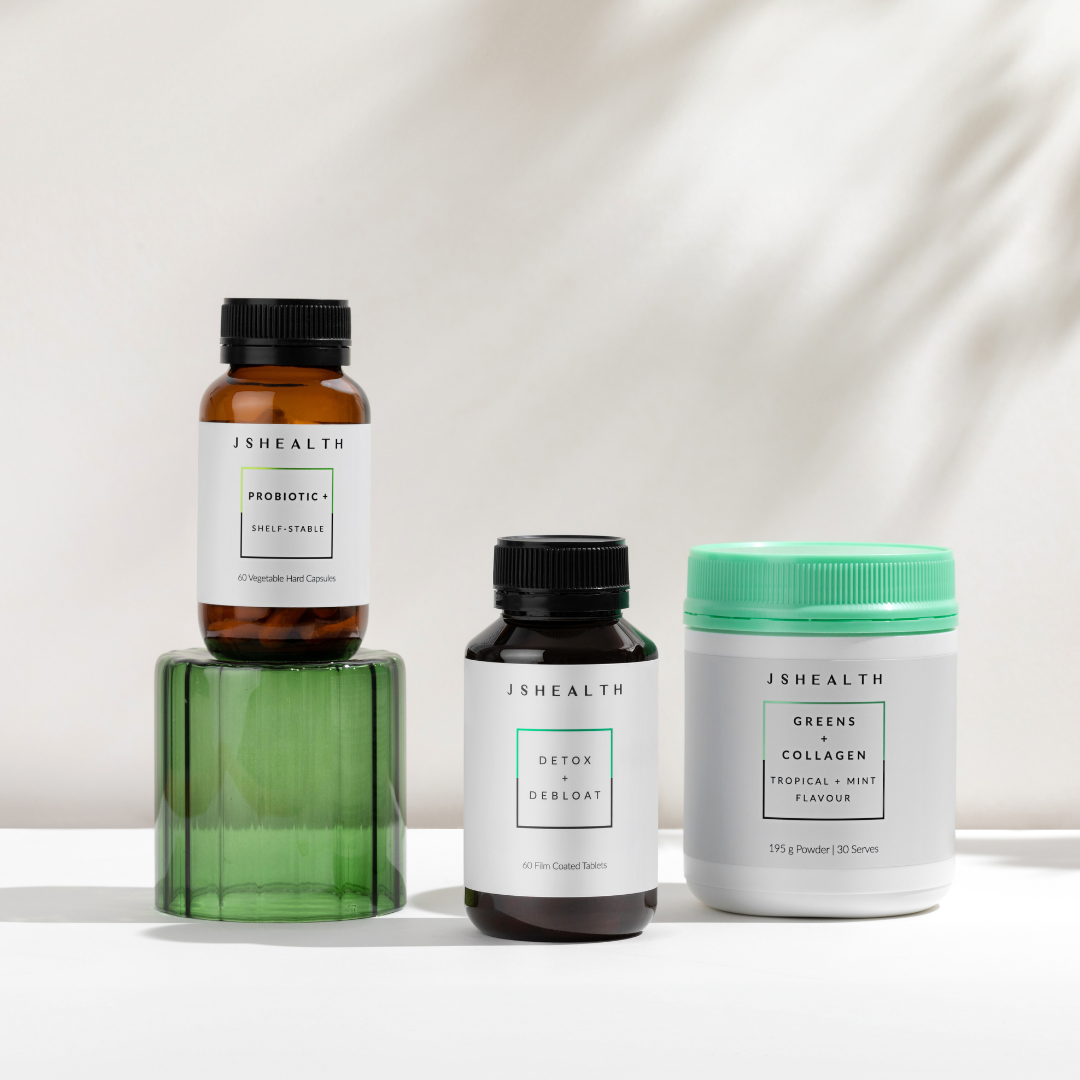Top 12 Foods for a Gentle and Effective Gut Cleanse
The health of your gut is key to a balanced wellbeing. Gentle, effective gut cleanse can benefit your digestive system: your colon, small intestine, large intestine and rectum.
“We are what we eat” and food serves to nourish and fuel our bodies from the inside out. Unlike complicated and expensive medical procedures to improve colon health, the foods we consume daily can naturally offer many of the same benefits.
Here are the top foods that contribute to a natural colon cleanse, supporting your digestive health while minimising any undesirable side effects.
What Is a Gut Cleanse and Why Is It Important?
A gut cleanse is a dietary or lifestyle change designed to detoxify the colon and the digestive system. This process aims to remove waste and potentially harmful toxins from the body and can also have a range of secondary benefits.
For example, detoxification can help improve bowel movements and relieve common digestive issues like bloating. Gut cleanses could be a complementary practice if you're considering or have recently undergone a colonoscopy or other medical procedures to examine colon health.
What Are the Conventional Methods for Gut Cleansing?
While dietary changes can contribute to colon health, conventional methods like enemas, colonic irrigation, colonic hydrotherapy and other colon cleansing products are also commonly used. It's crucial to be aware of the potential side effects these methods can have.
For instance, in extreme cases, enemas and colonic irrigation can lead to electrolyte imbalances and even perforation. Before you consider undergoing any form of colon cleansing, it is advisable to consult a healthcare professional to determine the most suitable method for your individual health needs.
Can Diet Play a Role in Natural Colon Cleansing?
You might wonder whether a dietary approach could offer a natural alternative for colon cleansing. The verdict: a resounding yes.
Scientific evidence indicates that certain foods can not only aid in detoxification but can also help remove buildups in the intestines, supporting overall gut health. Some of these foods can even assist in weight loss, offering a multi-faceted approach to wellness.
What Are the Top 12 Foods for a Gentle and Effective Gut Cleanse?
Making a few changes to your diet is one of the easiest ways to initiate an effective gut cleanse. Here is a list of the top 12 foods that are most beneficial for your digestive health:
1. Apple Cider Vinegar
Start your mornings by diluting a tablespoon of apple cider vinegar in a glass of warm water. Apple cider vinegar is an enzymatic treasure trove that assists in detoxifying your body. It has the added advantage of promoting digestive health and balancing the pH levels of your gut.
Not only does it help break down food particles in the digestive tract, but it also fosters a favourable environment for beneficial gut bacteria. Plus, apple cider vinegar has properties that can help manage blood sugar levels, which indirectly can support a balanced digestive system.
2. Aloe Vera
Whether in juice or gel form, aloe vera can be consumed to help address digestive health concerns. It’s widely appreciated for its natural laxative properties that stimulate bowel movements and perform an effective colon cleanse.
Additionally, aloe vera has tension-soothing properties that can help manage an irritated or inflamed digestive tract, making it a go-to for various gastrointestinal conditions.
3. Lemon Juice
Squeezing lemon juice into a glass of warm water first thing in the morning can provide several health benefits. Rich in antioxidants such as vitamin C, lemon juice plays a critical role in detoxification processes and champions overall digestive health.
Lemon juice can also alkalize the body and help in flushing out toxins, further boosting its detoxifying credentials.
4. Fermented Foods
Consider incorporating a cup of kefir with your breakfast, kimchi for lunch and sauerkraut for dinner. These fermented foods are laden with probiotics, which act to improve gut health by encouraging the growth of beneficial bacteria in your gut microbiome.
Such foods can aid digestion and strengthen the immune system, given the strong gut-immune system connection.
5. Psyllium
Psyllium husk powder can be mixed with water or seamlessly added to a morning smoothie. This versatile ingredient serves as a natural colon cleanser and is highly effective in mitigating constipation due to its rich fibre content.
Psyllium also acts as a prebiotic, nourishing your beneficial gut bacteria, thereby enriching your overall digestive ecology.
6. Magnesium-Rich Foods
Adding magnesium-rich foods like spinach, almonds, and dark chocolate to your diet can bring distinct digestive advantages. Magnesium relaxes the muscles in your digestive tract, which is instrumental in supporting regular bowel movements.
It also plays a role in over 300 enzymatic reactions in the body, some of which are key to digestion and nutrient absorption, enhancing its beneficial impact on your digestive system.
7. Whole Grains
Whole grains like brown rice, quinoa, and whole-wheat bread should be staples in your diet to give it a fibre boost. These grains aid in digestive health and may contribute to weight loss by enhancing the feeling of fullness after meals.
Additionally, whole grains are rich in essential nutrients like B Vitamins and Iron, which play a pivotal role in maintaining a healthy metabolism and energy levels, directly affecting the quality of your digestive process.
8. Herbal Teas
A cup of herbal tea such as chamomile, green tea, peppermint or ginger can be more than just a comforting experience. These teas are known for calming the gastrointestinal system; some even possess mild laxative properties.
Peppermint tea, for instance, is renowned for its ability to relieve symptoms of indigestion by relaxing the muscles in your digestive tract.
9. Prebiotic Foods
Incorporating prebiotic foods like garlic, onions, and asparagus into your diet can do wonders for your gut microbiome. These foods nourish the beneficial bacteria in your digestive tract and contribute to maintaining a balanced and healthy microbiome.
Plus, they can work synergistically with probiotics, boosting their effectiveness in promoting gut health.
10. Leafy Greens
Your regular meals should include leafy greens such as spinach, kale, and Swiss chard. Packed with antioxidants and essential nutrients, these vegetables help detoxify the body and support digestive health.
They’re also high in fibre, aiding in regular bowel movements and providing an effective cleanse for the digestive system.
11. Fruits
Fruits like pineapple, papaya, and apples should be regular staples in your diet. These fruits are endowed with natural enzymes and high fibre content, essential for promoting regular bowel movements and fostering digestive health.
For example, pineapple contains bromelain, an enzyme that can aid digestion and may also have tension-soothing properties.
12. Salt Water
Drinking a glass of warm salt water in the morning or sipping on a few glasses throughout the day can effectively flush out your colon. This simple yet effective method also offers relief from constipation.
Salt water acts as a natural detoxifier, cleaning your system and aiding in the removal of waste from the digestive tract.
Are There Any Risks or Side Effects To Be Aware Of?
While the quest for a healthier digestive system may lead many to consider gut cleanses, it's crucial to be informed about potential risks.
Excessive or improperly managed gut cleanses can result in side effects such as electrolyte imbalances. An imbalance in electrolytes can lead to an array of issues, from muscle spasms to irregular heart rhythms. In extreme cases, it can result in bowel perforation, a serious medical condition that necessitates immediate intervention by healthcare professionals.
Dietary approaches are generally safer but should still be discussed with a healthcare professional. This is particularly important for individuals with existing medical conditions, such as high blood pressure, as certain foods and supplements could interact with medications or exacerbate health issues.
How Can Supplements Support a Gut Cleanse?
Certain supplements can be a highly supportive addition to your gut health regimen.
For instance, probiotics can introduce beneficial bacteria to your gut, while prebiotics serve as food for these good bacteria. A quality magnesium supplement is especially beneficial for those who struggle to get enough magnesium in their diet.
However, supplements should not be considered a substitute for a balanced diet. The health benefits derived from a supplement-supported cleanse are most effectively realised when combined with a well-rounded diet.
Before incorporating any supplements into your routine, it's advisable to consult a healthcare professional to assess their suitability based on your individual health profile.
What Next Steps Should You Consider for Long-Term Gut Health?
Your journey to optimal wellness isn't a one-time event but a continuous process. For long-term digestive health, maintaining regular bowel movements and adhering to a balanced diet is essential.
Lifestyle changes also offer substantial benefits; for example, reducing gluten intake can be beneficial for some individuals. Regular exercise and stress management techniques like mindfulness and meditation can also make significant contributions to gut health.
These holistic approaches work together to support a robust digestive system, but the efficacy can differ from person to person based on several factors.
A Final Word
The path to a healthier digestive system involves more than just a one-off cleanse. It's about consistently making informed choices that align with your individual health needs.
Remember, each person’s journey to optimal digestive health is unique. Therefore, it is advisable to consult healthcare professionals for personalised advice and treatment options. JSHealth, we are committed to offering science-backed wellness solutions, created with care for you.
Sources:
How To Clean Out Bowels Quickly: 3 Natural Ways & Tips 2023 | NCHC
Colon Cleansing: Colonic vs Enema, Benefits & Risks | Very Well Health
How Much Apple Cider Vinegar Do You Drink To Detox Your Body? | NCHC
Evaluation of the Nutritional and Metabolic Effects of Aloe Vera | NCBI Bookshelf
7 Reasons to Start Your Day With Lemon Water | Cleveland Clinic
Psyllium: Benefits, Safety, and Dosage | Medical News Today
7 Expert-Backed Benefits Of Magnesium | Forbes Health
Whole Grains | The Nutrition Source | Harvard T.H. Chan School of Public Health
Tea Compounds and the Gut Microbiome: Findings from Trials and Mechanistic Studies | PMC
Gut Bacteria and Leafy Greens | Canadian Digestive Health Foundation
Whole Fruits and Fruit Fiber Emerging Health Effects | PMC
Salt Water Flush: Effectiveness, Risks, and Recipes | Medical News Today
Colon Cleansing: Is It Helpful or Harmful? | Mayo Clinic
How To Improve Your Gut Health | Forbes
